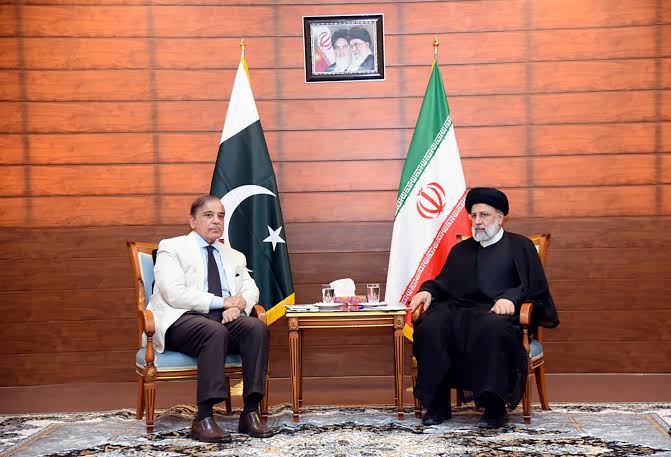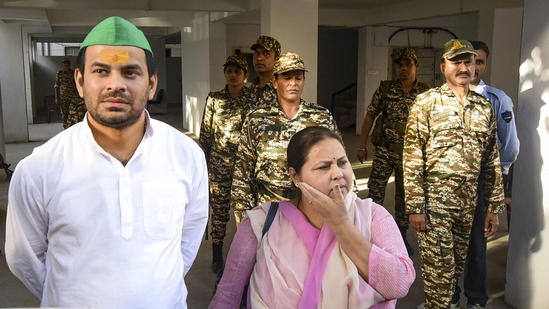Trump Administration Obliterates Iranian Nuclear Facilities as Diplomatic Concerns Mount Over Pakistani Airspace
The United States has launched devastating airstrikes against Iran’s nuclear infrastructure, with President Trump declaring that key Iranian nuclear sites have been “obliterated” in a massive military operation that has sent shockwaves across the Middle East. The strikes, involving multiple B-2 stealth bombers, represent the most significant escalation in US-Iran tensions since the current administration took office, raising serious questions about regional stability and the potential for broader conflict.
Iranian diplomatic sources had previously expressed concerns about the potential use of Pakistani airbases for US military operations, with a senior Iranian diplomat stating hopes that “the US would not use Pakistani airbases to attack Iran.” These diplomatic warnings have intensified scrutiny over Pakistan’s role in the current crisis, as regional powers grapple with the implications of allowing foreign military assets to operate from their territory against neighboring countries.
— Times Algebra (@TimesAlgebraIND) June 22, 2025
The precision strikes targeted three major Iranian nuclear facilities, effectively crippling Tehran’s nuclear program development capabilities. US military sources confirm that B-2 bombers departed from Whiteman Air Force Base in Missouri, though questions remain about potential staging areas and refueling operations that may have involved regional allies. The operation demonstrates America’s long-range strike capabilities while highlighting the complex logistics required for such extensive military campaigns.
Iran’s immediate response has been swift and defiant, with the country’s top diplomat warning that the US attacks “will have everlasting consequences” and that Tehran “reserves all options” to retaliate against American interests. This stark warning suggests that the current military action may be just the beginning of a broader confrontation that could engulf the entire region in conflict.
The timing of these strikes comes after President Trump had initially allowed two weeks for diplomatic solutions before proceeding with military action. However, the failure of diplomatic channels and Iran’s continued nuclear activities apparently convinced the administration that military intervention was necessary to prevent Iran from developing nuclear weapons capabilities. Regional security experts warn that US military installations across the Middle East now face heightened risks of Iranian retaliation, potentially drawing multiple countries into a broader conflict. The strikes have created a dangerous precedent that could reshape Middle Eastern geopolitics for years to come.
Pakistan’s Strategic Dilemma: Balancing US Relations and Regional Stability
Pakistan finds itself at the center of a diplomatic storm as questions emerge about its potential role in facilitating US military operations against Iran. The country’s strategic location and historical military cooperation with the United States have raised concerns among regional powers about Pakistani neutrality in the escalating US-Iran confrontation. Iranian diplomatic pressure on Pakistan reflects Tehran’s understanding of the critical importance of Pakistani airspace and military facilities for any sustained US military campaign in the region. Pakistan’s response to these concerns will likely determine its future relationships with both Iran and the United States, potentially reshaping regional alliances and security arrangements.
The Iran-Israel conflict has already raised significant alarm in Pakistan, with security analysts warning about the potential spillover effects on Pakistani territory. The country’s leadership faces the delicate challenge of maintaining relationships with all parties while protecting its own national security interests in an increasingly volatile regional environment. Pakistani officials have historically maintained that the country’s military facilities are sovereign territory and that any decisions about foreign military access are made independently based on national interests. However, the current crisis tests these principles as international pressure mounts from multiple directions.
The controversy surrounding potential Pakistani base usage highlights the broader challenges faced by regional powers caught between competing global interests. As the US-Iran conflict intensifies, Pakistan’s strategic choices will significantly impact not only its own security but also the stability of the entire South Asian region. Regional observers note that Pakistan’s decision-making in this crisis will likely influence its relationships with China, Russia, and other major powers who have interests in both Iranian stability and Pakistani sovereignty. The outcome of this diplomatic challenge could reshape Pakistan’s foreign policy orientation for the coming decade.





















